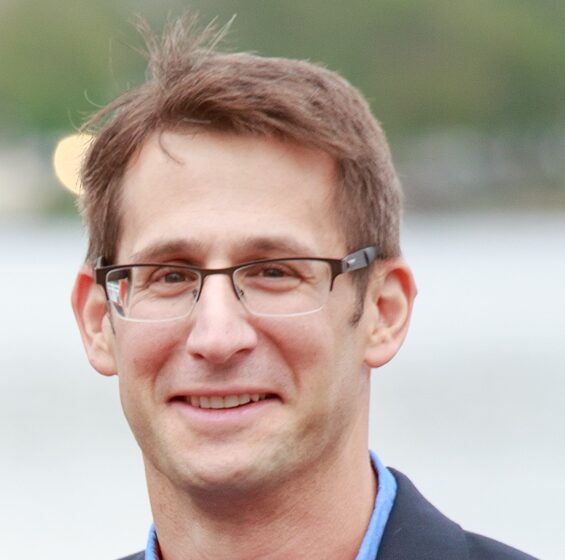The planet is on fire, and climate change is at our doorstep. The air we breathe and the water we drink contain pathogens and dangerous chemicals. Marginalized communities are often left out of public square discussions about our collective health and welfare.
Researchers and social scientists seek evidence-based solutions to these and many other urgent issues confronting the world. Yet, too often, they work within antiquated closed systems where groundbreaking articles are locked behind paywalls, data are stored on personal hard drives to be shared “upon request,” and the protocols and code that support published papers are held as proprietary intellectual property, making it difficult to test research claims or build upon existing scholarship.
We cannot afford crucial research to take place within these closed systems that slow progress and overlook those most affected by the problems science needs to solve.
This is why the Year of Open Science is crucial to science and our society.
Open science — or open scholarship, to use the more expansive term to encompass arts and humanities — is the idea that scientific and scholarly knowledge should be openly available, accessible and reusable for everyone. By making scholarship — papers, datasets, code, protocols and a range of other outputs — available without barriers, we can speed the pace of discovery, reduce gaps in information-sharing, encourage innovation, promote reproducibility, and bring more perspectives into the conversation.
We witnessed the power of open science to speed the development of solutions to COVID-19. Researchers worldwide collaborated to sequence and share the genome of the virus that causes COVID in a matter of days. COVID-related journal articles and data were published as open access to be confirmed and built upon at unprecedented levels. Openness enabled the development of vaccines more quickly than anyone thought possible.
Open scholarship is gaining momentum. Dozens of funders, including the philanthropies that are part of the Open Research Funders Group, which provide more than $10 billion of philanthropic funding a year, have developed policies to ensure that the work they support is openly accessible.
Ninety U.S. colleges and universities, representing 3 million faculty, staff and students, have launched the Higher Education Leadership Initiative for Open Science (HELIOS) to align higher education practices with open scholarship values. UNESCO has developed an international framework for open science policy and practice that recognizes disciplinary and regional differences across its 193 member states. And, most catalytic of all, the U.S. federal government, which underwrites 16 percent to 18 percent of published research, announced open science guidance in August to make all federally funded research papers and data freely available in this decade.
Building upon this momentum, 12 federal agencies have declared 2023 the federal Year of Open Science to spark change and inspire open science engagement.
Making open scholarship the default rather than the exception will require concerted cross-sector collaboration to establish needed incentives, infrastructure and community. Year of Open Science participants are working to develop a common language and policies that create consistent incentives for open scholarship activities such as data and paper sharing. We are also collaborating to identify and support the infrastructure that will enable the sharing and reuse of research outputs, and we’re convening events to advance open practices in research communities. Importantly, we seek ways to ensure equity and inclusivity are embedded in open scholarship activities.
Our re-envisioning of science and scholarship is already having a profound grassroots effect. Open science is working on clean air, improving and protecting water quality, and identifying innovative ways to mitigate climate change. It is also creating pathways for more inclusive and evidence-basedpublic policy discussions.
The Year of Open Science is the time for large-scale actors — governments, funders, universities, international bodies and others — to align incentives, increase training opportunities, and support infrastructure to make open scholarship easier and more rewarding in a way that makes open scholarship a reality on a large scale.
While open scholarship alone will not solve the existential crises we face today, it better positions us as a research ecosystem and society to optimize our chances of finding lasting and inclusive solutions. Open scholarship creates a shortcut that makes science more efficient when we don’t have much margin for error.


